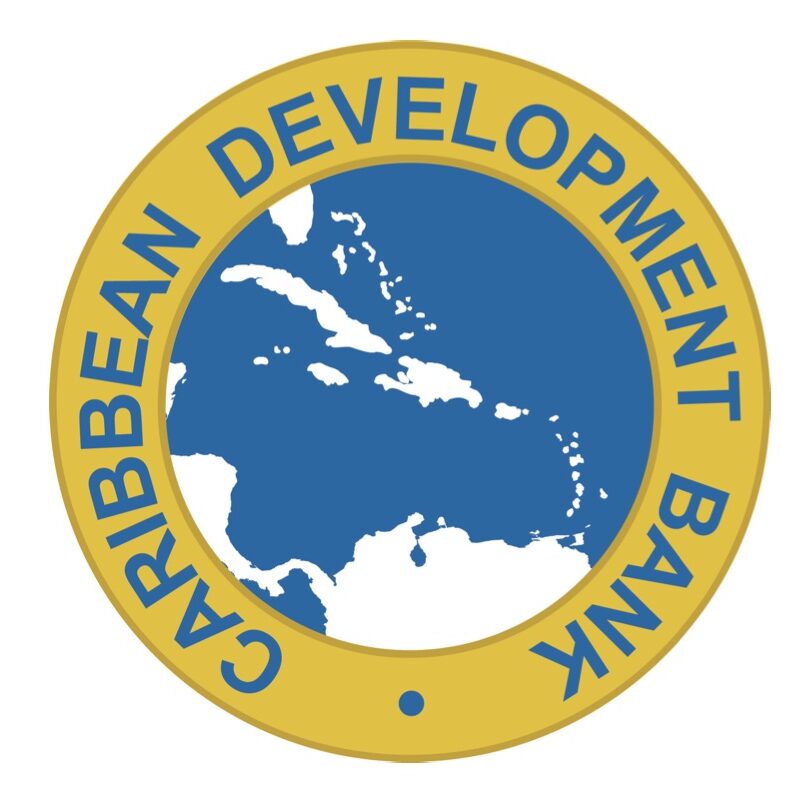More than 50% of firms in many Caribbean countries are owned by men. These were the findings arising out of the study Gender Gap in the Region: The Performance of Women-Led Firms study authored by Winston Moore, Roberta Rabellotti and Andrea Presbitero in January 2017.
Moreover, only three countries: Grenada, St. Vincent and the Grenadines and Jamaica, can boast of at least 20% of their firms being predominantly owned by females. The Caribbean firms mostly owned by women operate in textile, food, retail and restaurants sectors often characterized by low productivity and low growth.
A combination of gender studies further reveal that contributing to the disparity are: Low labor force participation rate, low returns to Education despite high attainment, persistent gender wage gap, comparatively higher unemployment levels, low ratio of female senior executives, wide diversity of female firm ownership, gender based occupational segregation, and employment mostly in the services sector.
These factors are further entrenched by cultural values in the region. Since women play a triple role in society: reproductive, productive and community, their work and choices to start a business are linked to necessity, timing, location flexibility, family needs and child rearing. (Minniti, 2010).
This is accurately illustrated below:
Remarkably, the Gender Gap Study found that female owned firms are just as productive as male owned, but female managed firms are not. Mohan, Strobl, and Watson found that potential innovators have the largest percentage of female managers (24%), followed by innovators (18%) and non-innovators (12%). This would indicate that female managed firms are especially deterred by barriers to innovation.
The figure below suggests that female-led firms are more likely to face constraints in relation to crime, corruption, political environment, access to finance and access to land relative to their counterparts.
Based on recent conclusions, the objective is to support the creation of more productive firms, including a supportive environment for women-led firms to innovate and grow.
Compete Caribbean is a private sector development program that provides technical assistance grants and investment funding to support productive development policies, business climate reforms, clustering initiatives and Small and Medium Size Enterprise (SME) development activities in the Caribbean region. The program, jointly funded by the Inter-American Development Bank (IDB), Canada, and the United Kingdom Department for International Development (DFID), supports projects in 15 Caribbean countries. Projects in the OECS countries are implemented in partnership with the Caribbean Development Bank.










